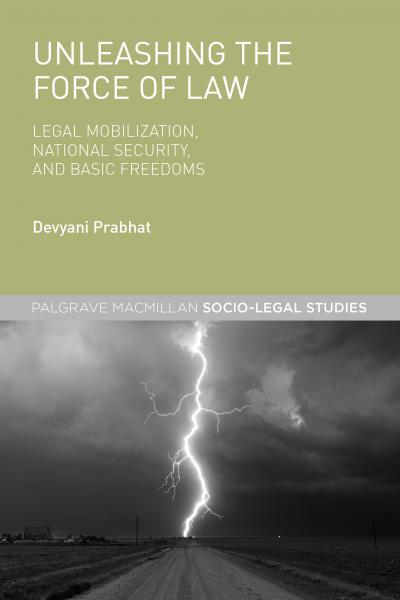By Prof Steven Greer, Professor of Human Rights (University of Bristol Law School), Prof Janneke Gerards, Chair in Fundamental rights law (Utrecht University), and Miss Rose Slowe, Barrister (Middle Temple) and Honorary Research Fellow (University of Bristol Law School).
 In our experience the general public, some of our students, and even some of our colleagues, are confused about the differences between the 47-member Council of Europe, the parent body of the European Court of Human Rights, and the 28 (soon to be 27)-member European Union, in human rights and other fields. Confusion about the differences between the two organizations has also been compounded by increasing interaction between them, particularly over the past decade or so. The human rights-related literature is also dominated by separate studies, largely concerning their respective legal systems. As a result, more integrated accounts are increasingly required. This is the primary objective of our recently-published book – S. Greer, J. Gerards and R. Slowe, Human Rights in the Council of Europe and the European Union: Achievements, Trends and Challenges (Cambridge University Press, 2018). (more…)
In our experience the general public, some of our students, and even some of our colleagues, are confused about the differences between the 47-member Council of Europe, the parent body of the European Court of Human Rights, and the 28 (soon to be 27)-member European Union, in human rights and other fields. Confusion about the differences between the two organizations has also been compounded by increasing interaction between them, particularly over the past decade or so. The human rights-related literature is also dominated by separate studies, largely concerning their respective legal systems. As a result, more integrated accounts are increasingly required. This is the primary objective of our recently-published book – S. Greer, J. Gerards and R. Slowe, Human Rights in the Council of Europe and the European Union: Achievements, Trends and Challenges (Cambridge University Press, 2018). (more…)









